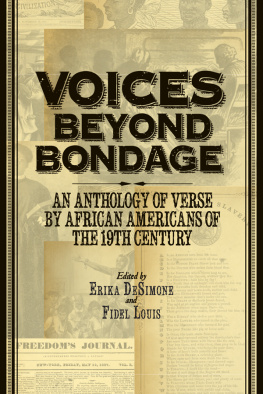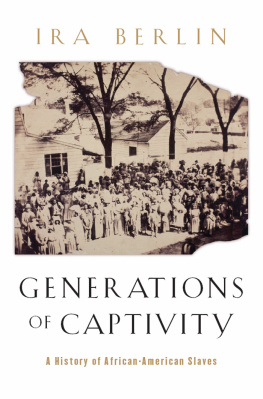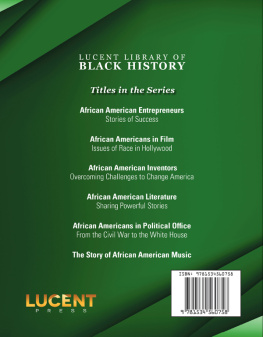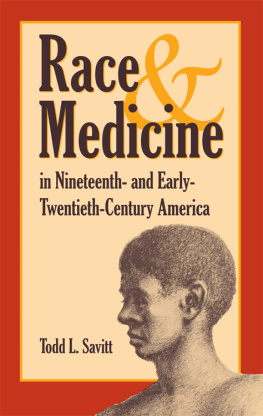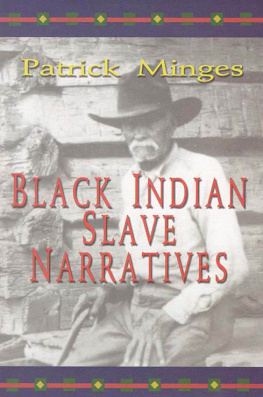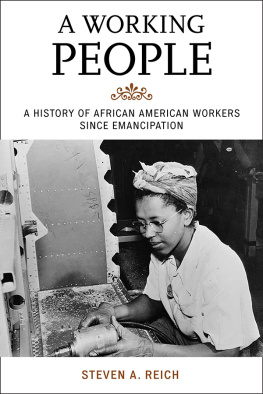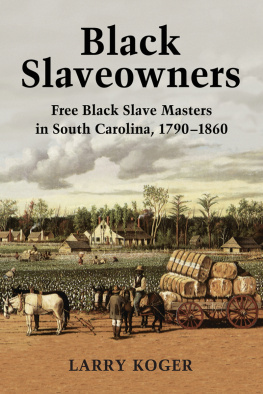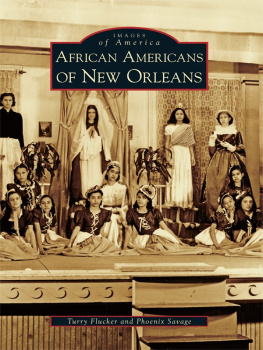NewSouth Books 105 S. Court Street Montgomery, AL 36104 Copyright 2014 by Erika DeSimone and Louis Fidel. All rights reserved under International and Pan-American Copyright Conventions. Published in the United States by NewSouth Books, a division of NewSouth, Inc., Montgomery, Alabama. ISBN: 978-1-58838-298-6 eBook ISBN: 978-1-60306-276-3 Library of Congress Control Number: 2013042879 Visit www.newsouthbooks.com
Erika DeSimone and Fidel Louis Poetry universally is and always has been a source of inspiration, a means of education, and a conduit for culture and history. But for many 19th-century African Americans, poetry embodied something even more.
In a society riddled by racial inequity, poetry became a safe haven through which African Americans preserved and shared their ideas, cultural knowledge, and heritage. By using the black-owned and other liberal media to publish their works, African Americans collectively created an ambitious literary movement which gave voice to the rich and multifaceted life of an oppressed people who were otherwise invisible to the larger society. This anthologythe first to focus on African American writings as published in the early black-owned presscollects 150 poems published from 1827 to 1899. Whether these authors were slaves, former slaves, the children of slaves, or free people of African descent, all shared their writings in a way not possible before the 1827 birth of Freedoms Journal [see essay following this introduction]. We can also safely assume that each poem in Voices Beyond Bondage was penned not merely as an attempt to engage and inspire the hearts and minds of others but reflects a deliberate choice by its author to utilize the burgeoning black-owned media as a harbinger of changemaking every poem in this book an act of subversion. As editors, we made our selections exclusively from 19th-century black-owned newspapers or pamphlets, and we took pains to ensure thatwhen authorship was traceableeach poem was written by an African American.
Nineteenth-century African Americans largely lived within marginalized communities or in the bonds of slavery; with rare exceptions in major cities, there was little intellectual and literary interaction between African Americans and the dominant Anglo American society. Yet despite marginalization, the authors included in this anthology were called to verse. They were not poets in the traditional or commercial sense, and most had no formal training in the craft of writing. They were not, to say the least, famous writers like Phillis Wheatley or Paul Lawrence Dunbar, nor icons like Frederick Douglass or Harriet Tubman. These were ordinary individuals who wrote poetry to share their experiences, emotions, and points of view with others. The poems collected here were written during a particularly tumultuous time in American historyseven decades which encompassed slave revolts and abolitionism, the Civil War and the end of slavery, the short-lived hope of Reconstruction, and the grim despair of Jim Crow segregation.
Rich in abundance and detail, this collection facilitates a more complex understanding of African American historyand American history as a wholeand provides insight into the literary, cultural, and political movements of these troubling years. It is important to bear in mind a few things about the publications from which these poems have been collected. Whether they were regularly published like the Weekly Anglo-African or sporadically published like the Louisville Newspaper, editorially these newspapers were fiercely independent. Their writers and editors were often not professionally trained and the publications usually did not have deep-pocket backing. Profits (or losses) varied greatly and often mattered little to publishers whose ultimate goal was to provide a viable outlet for African Americans to express their voices and to impel social change. Almost every black-owned newspaper of the period, no matter how small or sporadic, reserved a space for poetry, and from the hundreds and hundreds of poems we collected, we chose 150 for publication.
Each poem provides a glimpse into the authors daily lives, documenting their distinctive voices and individual interpretations of events. These narratives reveal realms of identity, shifting sentiments, and continuing struggles. Most importantly, each and every poem is evidence against the deep-seated stereotypes and institutionalized racism of the era, which portrayed African Americans as uneducated, illiterate, dependent on charity, stupid, lazy, and even subhumanstereotypes which sadly linger today. In this regard, these poems stand sacred because they illustrate the fundamental humanity of an oppressed people. One aspect of Voices Beyond Bondage that we celebrate most is the insight offered into the literacy of African Americans of the era. The stereotypes and popular histories portraying the illiterate slave or the uneducable negro are to some extent refuted simply by this books existence.
Our research supports the assertion that African American literacy was not as uncommon as history would have us believe, even among slaves. W. E. B. Du Bois estimated that by the end of the Civil War as many as 9 percent of slaves had achieved at least some degree of literacy; slavery historian Eugene Genovese suggested that Du Boiss estimate might have been quite low. Further, some slave owners, despite laws dating to the 1700s against slave education, did teach slaves to read so that they could study the Bible and be redeemedin fact, some planters even set up plantation schools for slave children.
Among free African Americans, those called to Gods service were among the best educated: literacy was vital to leading their congregations. Many of these churches spread literacyopenly or covertlyamong both the free and the enslaved, creating unofficial learning centers under the guise of worship. Further, the Religious Society of Friends (Quakers) was not only an integral part of the Underground Railroad but also sponsored colored schools for both children and adults; these schools stretched from Canada to South Carolina and even into Americas territories. In the years leading up to and following the Civil War, benevolent societies and the Freedmens Bureau (among others) opened schools for people of color across the nation. From all this evidence, it is clear that literacy among African Americans was highly valued, and not especially rare; despite the enormous challenges ofand even threats inherent togaining a basic education, African Americans fervently sought learning. Can there be any doubt that the African American mind was a hungry mind, ravenous for intellectual stimulation? Voices Beyond Bondage is one fruit of that hunger.
Using poetry as an engine, the writers included in this book were among the pioneers of a literary movement which, in sum, was a catalyst for sweeping social change. Here is an innovative framework through which the rich literary life of African Americans can be analyzed. There are all kinds of poems in this anthology, with themes ranging from truest love to the worst dehumanization, from simple daily perseverance to civic outrage, from the silliest of humor to resolute strength gained from religion. Here we see the portrait of a people not merely engaged in their respective societies, but actively shaping them. Most of the included poems had been lost to history, scattered among microfiche archives or hidden within bound volumes of various newspapers. Through egregious oversight, these publications have not been recognized for their true importance in American history, and therefore have long remained unexamined.

